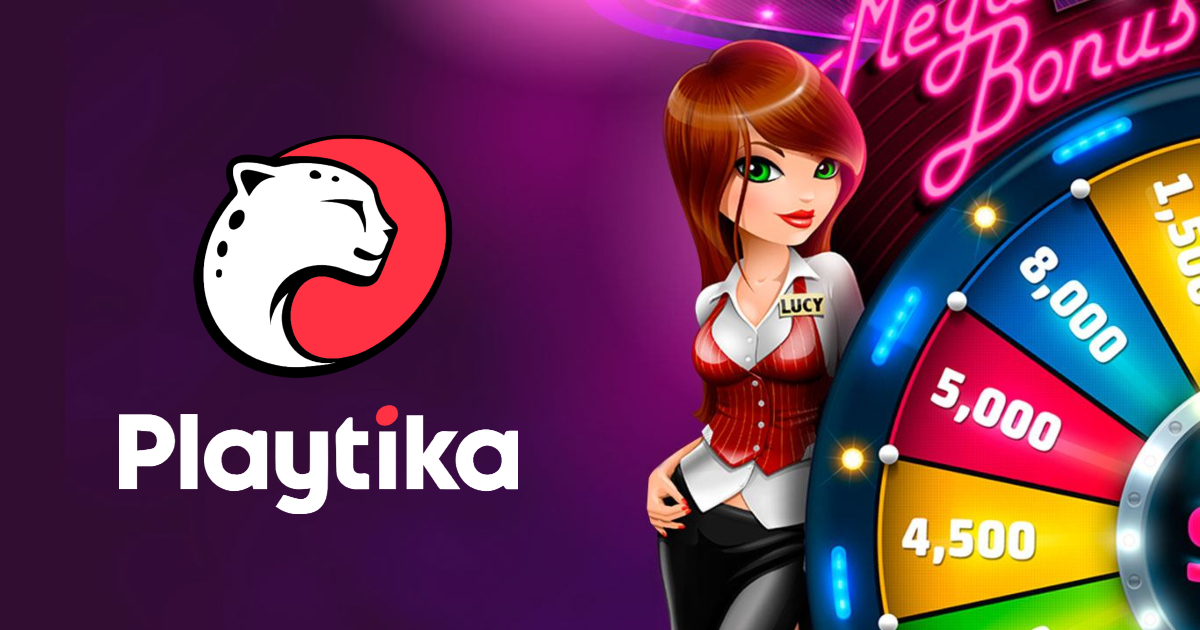Shortly after the new buyout reports, one of Playtika’s key shareholders sold part of their stake in the company. As a result, the Israeli mobile publisher’s share price fell.

- According to an April 11 SEC filing, On Chau, who owns 10% of Playtika through Trustworthy Group and its subsidiary 8th Wonder Corporation, sold 300,000 shares of the company for $11.7338 per share.
- This amounts to $3,520,140.
- As reported by Seeking Alpha, the Israel-based publisher saw its stock fall 5.5% on April 13. On top of that, Bank of America (BofA) cut the company’s investment rating to “Underperform”, which means the “least attractive stocks” in the sector.
- BofA has now set a target price for Playtika shares at $10, which translates into a further 11% decline.
- In general, the games industry is believed to be recession-proof. However, BofA says a recession, which is expected to begin in the US in the second half of 2023, will cut consumer spending in various areas.
- “Spending by loyal mobile gamers is thought to be recession-resistant by both management teams and sell-side analysts,” analyst Omar Dessouky told Seeking Alpha. “We disagree, based on research in a corollary market — casino gaming. Thus, we expect the decline in average spend per paying gamer to continue in 2023.”
Prior to the latest drop, Playtika shares surged roughly 28% over the past month. The main reason for this is the buyout talks, as several private equity firms are reportedly interested in acquiring the mobile publisher. Playtika itself considered selling the company as part of its strategic review.
The publisher is currently focused on growing its core business, which is social casino games, and cutting costs in other areas. Last December, Playtika laid off over 600 employees and shut down three mobile titles. It also wanted to snap up Angry Birds developer Rovio, but it is unclear how the negotiations between the companies are progressing.
Despite growing revenue, Playtika is facing some challenges and is trying to adapt to the new market reality. Last month, the company announced its decision to freeze new game development unti the ROI for them is “economically valuable.”
